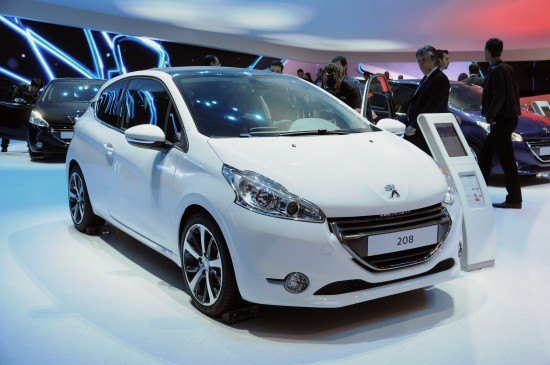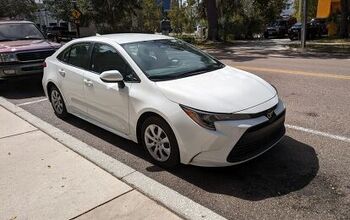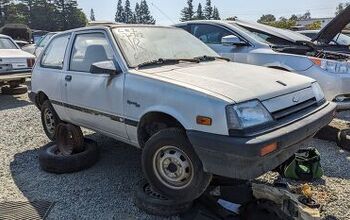Saddled With Social Costs, French Car Makers Bid Adieu To Domestic Manufacturing
A Financial Times report on the “de-industrialization” of France (sub. required), and the erosion of the country’s manufacturing base took a trip to a Peugeot factory, where the new 208 is leaving the lines and gearing up for a big launch. Peugeot has been suffering financially in recent years, amid a backdrop of a declining manufacturing industry, some employees are blaming the heavy burdens of France’s welfare state.
One employee alluded to the Financial Times that the additional costs of doing business in France related to social programs and benefits were making it difficult to maintain a competitive industry in the country.
“We are doing our best, that’s for sure,” says a Peugeot line manager. “We are really doing our utmost. Beyond the employment costs, we also have a lot of constraints because we don’t make people work under any conditions, unlike some countries. It is a huge constraint, but we have made enormous progress on productivity and costs even while conditions have improved.”
Peugeot’s CEO Phillipe Varin highlighted this issue, telling the FT
in 10 years the hourly cost of a worker has risen 31 per cent in France, compared with just19 per cent in Germany, even though a French worker takes home less pay. Workers at Peugeot’s Slovakia plant cost an hour, compared with in France.
The crux of the argument, explored in the FT article, is that French industry has profited from globalization while the worker has seen their jobs disappear. Peugeot isn’t alone in exporting jobs to low cost countries. Renault came under fire at home for setting up a Dacia plant in Morocoo, where workers are paid roughly 1/7th that of a French employee. TTAC’s initial estimation, that profitable, affordable vehicles couldn’t be made in factories that pay 1,800 euro a month and provide 5 weeks vacation, seems to be the kind of sentiment shared by many observers at Peugeot and outside the auto industry. At some point, a grand bargain between worker benefits and industrial competitiveness will have to be forged. It may not be a zero sum game, but somebody is bound to lose out – and it’s not hard to figure out who.
More by Derek Kreindler
Latest Car Reviews
Read moreLatest Product Reviews
Read moreRecent Comments
- Varezhka Maybe the volume was not big enough to really matter anyways, but losing a “passenger car” for a mostly “light truck” line-up should help Subaru with their CAFE numbers too.
- Varezhka For this category my car of choice would be the CX-50. But between the two cars listed I’d select the RAV4 over CR-V. I’ve always preferred NA over small turbos and for hybrids THS’ longer history shows in its refinement.
- AZFelix I would suggest a variation on the 'fcuk, marry, kill' game using 'track, buy, lease' with three similar automotive selections.
- Formula m For the gas versions I like the Honda CRV. Haven’t driven the hybrids yet.
- SCE to AUX All that lift makes for an easy rollover of your $70k truck.


































Comments
Join the conversation
So unless we have a very short memory span, it doesn't sound like auto manufacturing is entirely leaving France... http://www.thetruthaboutcars.com/2012/04/first-hybrid-yaris-rolls-off-line-in-france/
€1800 a month is nothing in France. thats about €13 an hour one can forget about supporting a family on that in most of the country....and two of their four plants are in the suburbs of Paris!